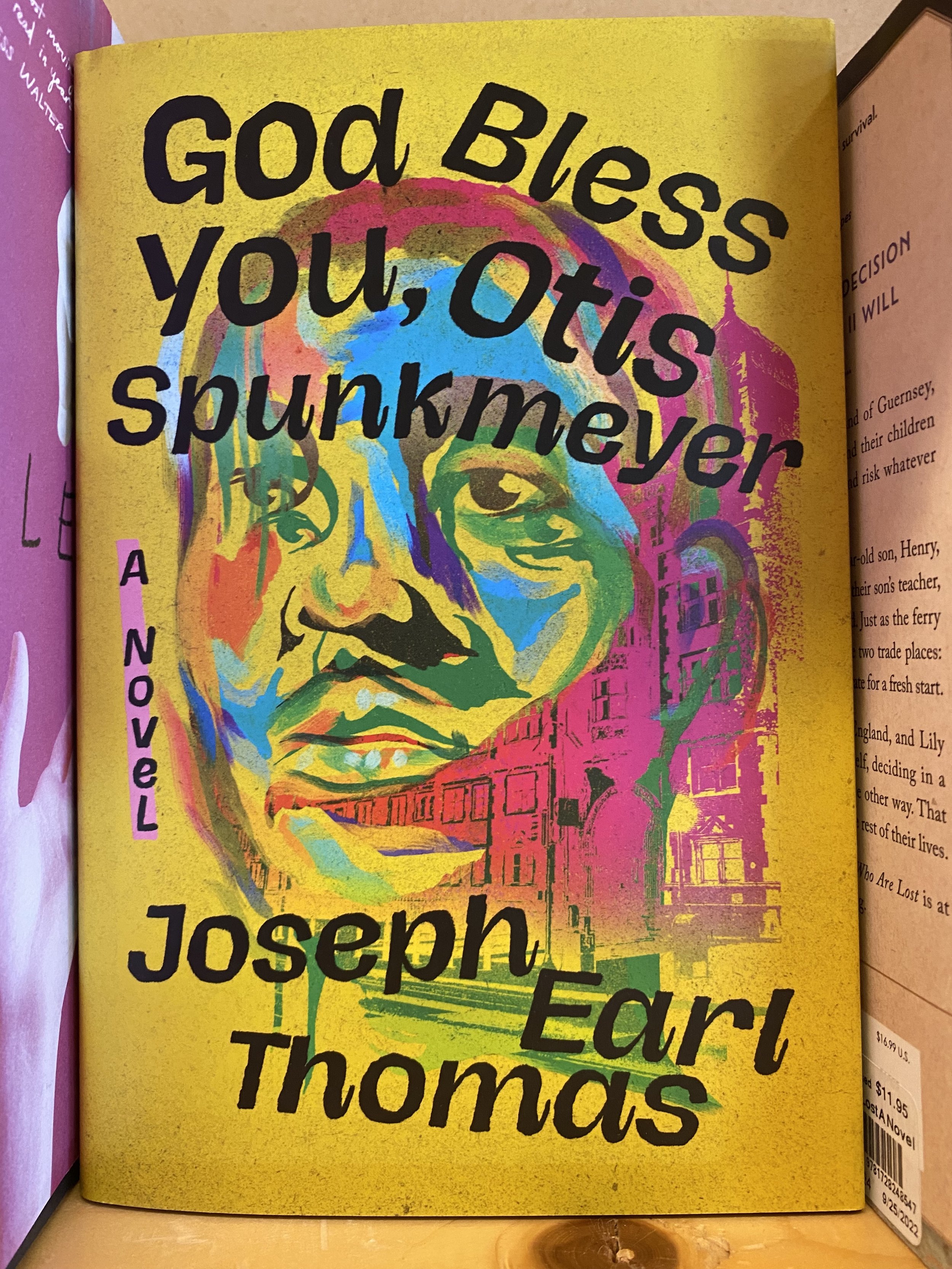3/5 stars
What's it about? George Saunders tinkers with technology, absurdity, and amusement parks in this collection of nine short stories.
How’d I find it? You know when you go into a bookstore on a Tuesday when the fresh titles are laid out, and you see not only a new book from a favorite author, but also that it’s signed? I had that experience at Solid State Books.
Who will enjoy this book? If you like the work of Karen Russell or Stephen Millhauser, these stories strike similar notes.
What stood out? As usual, Saunders brings wit and playfulness to the page, and his writing sparkles. “Mother’s Day” and “Elliott Spencer” were the book’s most successful stories. Much of Liberation Day reads like retooled versions of past powerhouses; the title story recalls Tenth of December’s “The Semplica Girl Diaries,” while “Ghoul” shares elements with “Bounty”. Having recently finished CivilWarLand in Bad Decline, I received this collection as an entertaining echo.
Which line made me feel something? I related cosmically to the narrator of “The Mom of Bold Action,” whose deluge of thoughts seems to keep her from ever actually writing: “‘The Discontented Dog.’ The Discontented Dog was never happy. No matter how many peanut-butter thingies he was given. When he was in, he wanted out. When out — She grabbed another peanut-butter thingie from the box. ‘The Peanut-Butter Thingie Who Sacrificed Himself So the Other Peanut-Butter Thingies in the Box Could Live.’”









